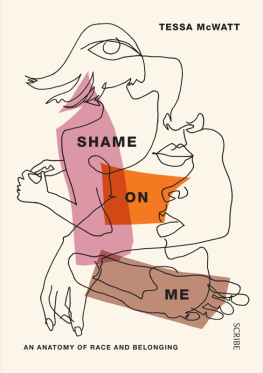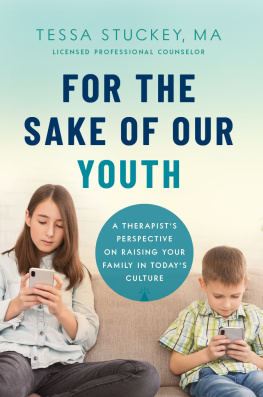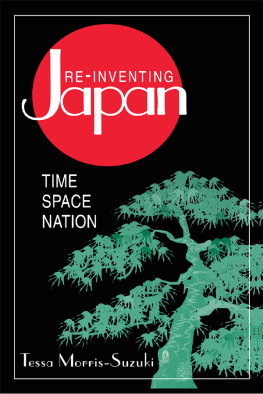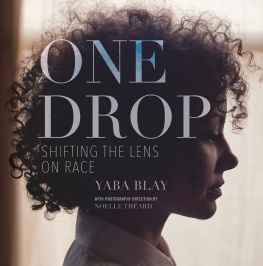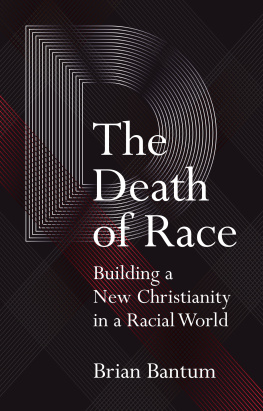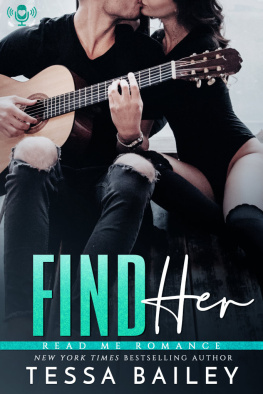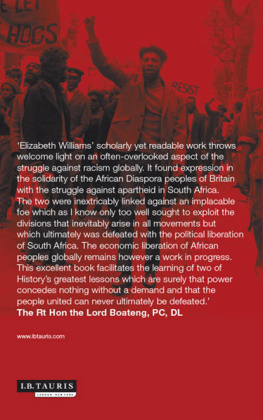
Contents
SHAME ON ME
Tessa McWatt is the author of six novels, two books for young people, and one nonfiction book. Her work has been nominated for the Governor Generals Award, the Toronto Book Awards and the OCM Bocas Prize. She is a winner of the Eccles British Library Award 2018. McWatt is Professor of Creative Writing at UEA.
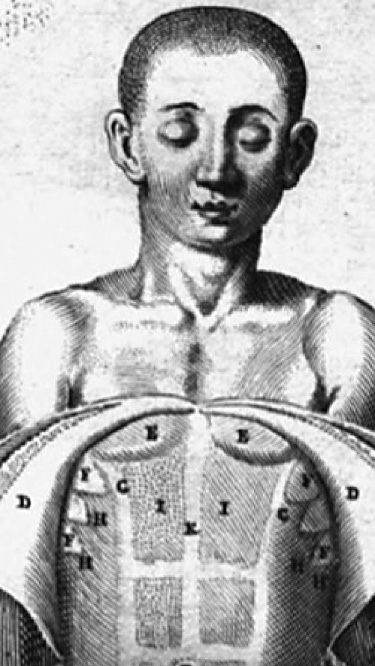
From Jean Roiland the Younger, Encheiridium anatomicum et pathologicum (1649). Source: Courtesy of the New York Academy of Medicine Library.
Scribe Publications
2 John St, Clerkenwell, London, WC1N 2ES, United Kingdom
1820 Edward St, Brunswick, Victoria 3056, Australia
Published by Scribe in 2019
Copyright Tessa McWatt 2019
All rights reserved. Without limiting the rights under copyright reserved above, no part of this publication may be reproduced, stored in or introduced into a retrieval system, or transmitted, in any form or by any means (electronic, mechanical, photocopying, recording or otherwise) without the prior written permission of the publishers of this book.
The moral rights of the author have been asserted.
The author is grateful to the Eccles Centre at the British Library for its support with this publication.
Extracts from The God of Small Things by Arundhati Roy in ch.7 copyright Arundhati Roy, 1997, reproduced with permission from David Godwin Associates.
Extracts from For Colored Girls Who Have Considered Suicide / When the Rainbow Is Enuf by Ntozake Shange in ch.4 and ch.5 reprinted by the permission of Russell & Volkening as agents for the author. Copyright 1975 by Ntozake Shange.
Excerpt from Afterimages from Chosen Poems 1982, 1997 by Audre Lorde in ch.Double Helix quoted by kind permission of Abner Stein.
Excerpt of Anodyne from Pleasure Dome: New and Collected Poems 2001 by Yusef Komunyakaa published by Wesleyan University Press and reprinted in ch.Double Helix with permission.
Excerpt from Howl by Allen Ginsberg in ch.8. Copyright 1956, Allen Ginsberg, used by permission of The Wylie Agency (UK) Limited.
Excerpt from The Knife of Dawn by Martin Carter in ch.Double Helix from University of Hunger: Collected Poems & Selected Prose , Ed. Gemma Robinson (Bloodaxe Books, 2006).
Every effort has been made to acknowledge and contact the copyright holders for permission to reproduce material contained in this book. Any copyright holders who have been inadvertently omitted from the acknowledgements and credits should contact the publisher so that omissions may be rectified in subsequent editions.
9781911617969 (UK edition)
9781925849011 (Australian edition)
9781925693812 (e-book)
Catalogue records for this book are available from the National Library of Australia and the British Library.
scribepublications.co.uk
scribepublications.com.au
For Cicely
You think your pain and your heartbreak are
unprecedented in the history of the world,
but then you read.
JAMES BALDWIN
HYPOTHESIS
A young Chinese woman, so young, nearly still a girl, runs through a field of sugar cane. Her cotton shift is torn, her hair wild, there is fear on her face. My grandmother. She is escaping something terrible. Her legs are scraped by sharp stalks; blood is dripping from her knee. I imagine her eyes are streaming with tears. She is running because in her countryside village in Demerara, British Guiana, she has just been raped by her uncle.
I imagine my Indian ancestor as a strong woman, perhaps originally from Oudh, modern Uttar Pradesh, who could squat easily, hunched over green, sword-like leaves sprouting from emerging stalks. She is exhausted, pulling weeds out of unfamiliar soil in British Guiana. Thin, fragile from the 112-day journey by ship, she is lucky to have survived on a daily ration of beef or pork, suet, a biscuit, a few raisins.
My Arawak ancestor is in a dug-out corial on the Burro-Burro River that runs through the Iwokrama Forest. She paddles past a giant otter sunning itself on a tree stump.
My Portuguese ancestor, perhaps from Madeira, arrives among the first free immigrants to the colony in 1835. In her small hessian sac, she has hidden twenty delicate squares of lace that she stitched while watching her father haul his fishing nets from the sea.
There is a rumour about my French ancestor, but she will never confirm for anyone in the colony that her father had a chalice and a silver ring with a hexagon pattern, the Star of David, hidden in his suitcase when he arrived from France.
My African great-great grandmother is lost amongst trees that dont know her name, dont speak her language. Trees that have erased her. She cant find the path that will take her to the clearing. She is getting weak. I reach out to take her by the hand.
My Scottish great-great-great grandmother takes her last breath in East Lothian, and the book she has been reading falls across her chest. She never knows about the brown women with their hands in the soil.
EXPERIMENT
What are you?
The ducklings liked the new island
so much that they decided to live there.
All day long they follow the swan boats
and eat peanuts.
Eight years old, I am sitting near the back of the room in the grade-three classroom of my suburban Toronto elementary school. My desk is close to the window, and I am easily distracted by the birds, one particular bird that preens itself on a branch, its feathers shuttering up and down. I am not paying much attention to what the teacher is saying. Weve been reading a book out loud together and I havent been asked to read. I feel off the hook, set free to dream. A few minutes into daydreaming, I feel a change of tone in the teachers voice and the class goes quiet. I snap out of my reverie. Theres a question in the air. I look around at my classmates, who are looking at each other in search of an answer.
Anyone know what that word means? the teacher says.
Oh, I think, Id better pay attention because theres a new word and I will need to know it.
Does anyone know what Negro means?
Good question, I think. What does that mean? I continue to look around at my classmates to see if anyone is going to come up with the answer or even a guess. The teacher seems anxious; this word has weight. Kenneth Percy puts up his hand. The teacher invites him to speak.
Yeah, Tessa, he says, as he points towards me at the back of the room.
Everyone in the class turns to face me. I freeze, my mind goes blank and all that is going on in my body is a low fizz like a misfiring electric circuit.
As I now realise, my teacher tries to rescue me from something she herself sees as a slur, a word that is fine in a book but not in person. Oh, no, not Tessa, she says, to comfort me and all who might worry about what is in their midst. The other kids continue to stare at me.
Doing her job as the classs moral compass, she thinks fast: No, Tessas something else.
The misfiring electric circuit spews shocks through my cheeks, my arms and my legs, which begin to shake.
What are you, Tessa?
What am I?
I have no idea what shes asking. I feel as if Ive failed a major test. I should have been paying attention, I should know how to answer this.
You know, people are certain things, she says, still trying to help, but wounding me deeper and deeper with every second she allows the classs eyes to remain on me. Things like, say, Mexican She waits, but I have nothing. Brazilian Filipino she carries on, offering possibilities she sees in my face, but in that moment I hear only words that describe all the things that everyone else in the room isnt.
Next page
